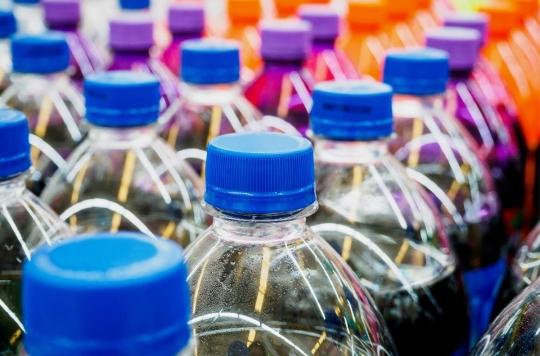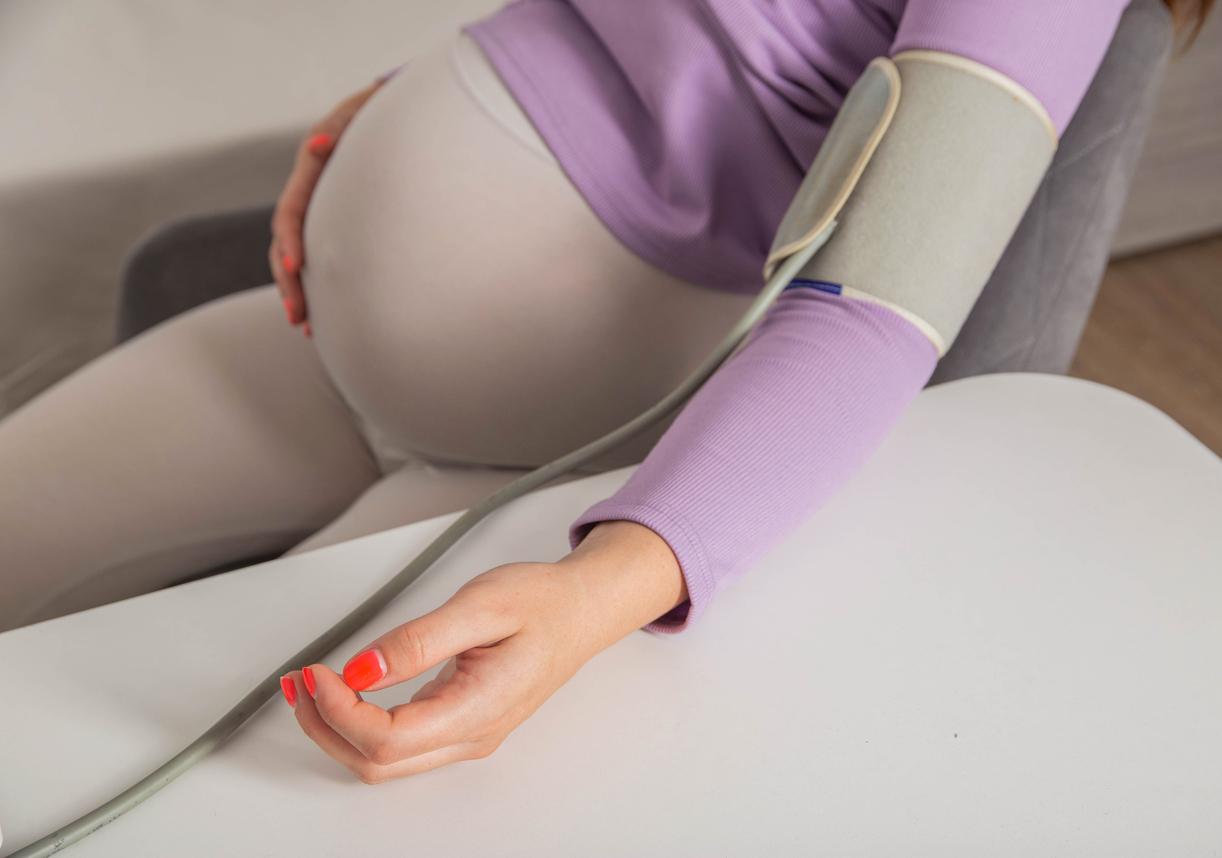In Philadelphia, sugary and sweetened beverages are taxed since January 1, 2017.

38% fewer sales of sugary or sweetened drinks between 2016 and 2017. The tax introduced in Philadelphia to reduce the consumption of industrial drinks (and fight against obesity) seems to have had the desired effects. In the Journal of American Medical Associationresearchers publish the conclusions of their study on the sales of these products in the city between 2016 and 2017.
A tax of 50 cents per liter
Since January 1, 2017, all sugary or sweetened drinks are taxed at 1.5 cents per 30 ml, or about 50 cents per litre. As a result, large retailers and smaller businesses have increased the price of these products on the shelves. Bottles of soda now cost between 24 and 53 cents more than before.
83 million cans not sold
Sales volume was halved between 2016 and 2017 according to researchers from different universities in Pennsylvania. This represents approximately 83 million fewer cans sold. To obtain more precise results, the scientists took into account the increase in sales in the border towns of Philadelphia, which are not affected by the tax.
The drop in net sales is approximately 38% between the two years. The research team also studied the sales of sugary or sweetened drinks in the city of Baltimore, which is not affected by the soda tax: they found no significant change in sales. According to them, this confirms that the significant drop in sales of these products is due to the soda tax.
Modified recipes in France
In France, since 2013, any drink containing one gram of sugar per 100 ml is taxed. The rate is 7.53 centimes per hectolitre. The law became stricter in 2017: now the level of taxation depends on the quantity of sugar. For a drink containing more than 11 grams of added sugar per 100 ml, the taxes represent around twenty euros for a hectolitre. According to a investigation of BFMTV, several French manufacturers reacted and reduced the sugar content in their products.

.

















